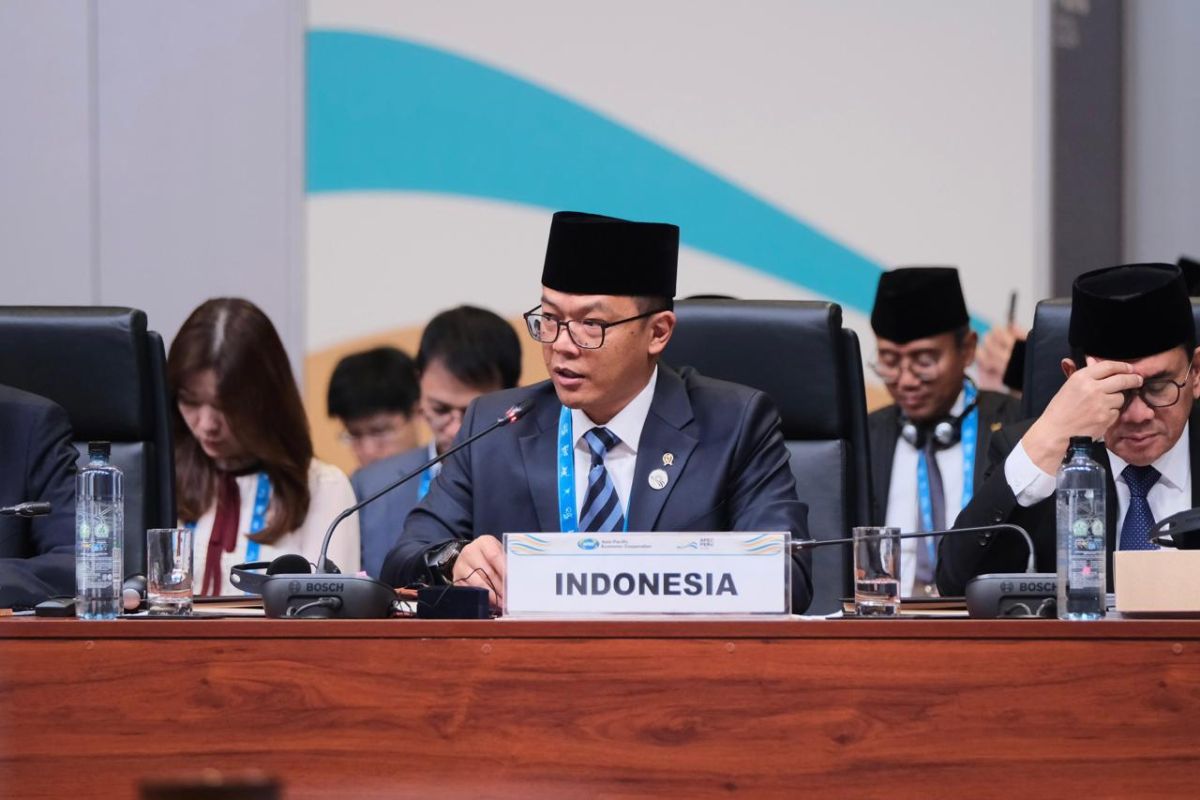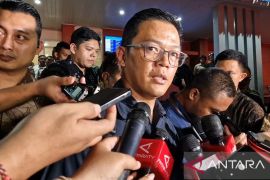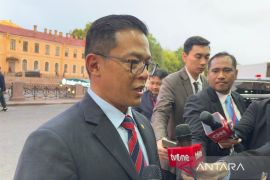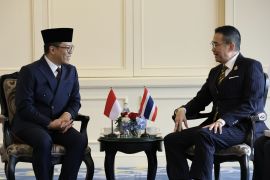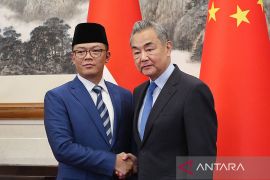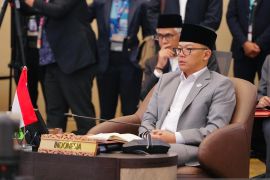Jakarta (ANTARA) - Indonesian Foreign Minister Sugiono highlighted the role of innovation and digitalization as engines of economic transformation during the APEC Ministerial Meeting (AMM) in Lima, Peru, on Thursday (Nov 14).
"As we aspire to join the world’s top five economies by 2045, we must harness innovation and digital technologies to bridge divides and uplift all segments of society," he noted in a statement from the Foreign Affairs Ministry.
According to Sugiono, Indonesia recognizes that building robust digital infrastructure is a critical first step in this journey. Without equitable access to digital technologies, economic opportunities remain concentrated among the privileged, which will deepen inequalities.
"Access to digital infrastructure must also be accompanied by efforts to upskill and reskill human resources," he remarked.
Sugiono drew attention to Indonesia’s Digital Village Initiative as one example that aims to equip rural communities with the requisite skills and tools to participate in the digital economy.
Such a program can bridge the digital divide by ensuring that vulnerable and marginalized groups can access opportunities in the formal economy.
During his speech, the Indonesian FM also discussed a paradox currently faced by the Asia-Pacific region, which, despite being home to some of the world's most advanced digital economies and innovation hubs, is also where the digital divide looms large, threatening to leave millions behind.
According to the International Telecommunication Union (ITU) data, over 1.7 billion people in the Asia Pacific lack internet access, and nearly 70 percent of workers in low- and middle-income economies lack basic digital skills, which limits their participation in the digital economy.
Women in the region are 20 percent less likely to have access to the internet, deepening economic and social inequalities.
To bridge the digital divide in the region, he affirmed that Indonesia proposes targeted support measures and training programs as well as gender-responsive policies that support women's empowerment.
Indonesia has implemented several initiatives to facilitate the transition, including enhanced access to financing for micro and small businesses, entrepreneurship training programs to develop essential skills and social security protection for informal sector workers.
Providing affordable access to devices, skills training, and inclusive strategies to integrate women into the digital workforce are also measures not only to ease the transition but also to strengthen the overall economic resilience of communities in Indonesia.
"By bridging the digital divide, we will unlock immense potential for growth and resilience. Significant potential that demonstrates the region’s capacity to lead the digital innovation," Minister Sugiono noted.
"We must ensure that Asia-Pacific can be a major player in the digital economy. Let us ensure no one is left behind as we embrace the digital era and strive to become global leaders in the digital economy," he concluded.


